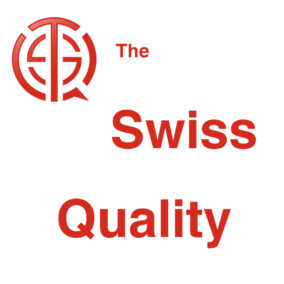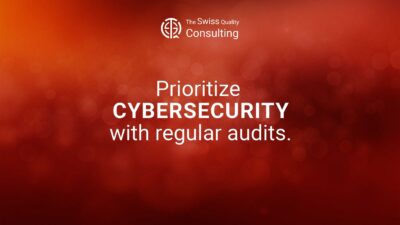Charting the Path to Eco-Friendly Urban Environments
Sustainable Urban Development and Smart Energy Management encapsulate the visionary approach to crafting urban spaces that prioritize environmental sustainability, energy efficiency, and the well-being of communities. In the face of escalating environmental challenges and the pressing need to combat climate change, cities worldwide are turning to smart, eco-friendly planning and innovative energy solutions. This transformative journey towards sustainability involves the integration of renewable energy sources, the adoption of green infrastructure, and a comprehensive approach to minimizing urban environmental impacts. Through this article, we explore the critical elements of sustainable urban development, the pivotal role of smart energy management, and the impact of technology in fostering eco-friendly urban planning.
Advancing Energy Efficiency with Smart Energy Solutions
Leveraging Technology for Greener Cities
At the heart of sustainable urban development is smart energy management, a strategic approach that leverages cutting-edge technology to optimize energy use and promote renewable sources. Through the implementation of smart grids, energy-efficient buildings, and advanced monitoring systems, cities can significantly reduce their carbon footprint while ensuring reliable energy for their inhabitants. Smart energy solutions enable real-time tracking and adjustment of energy consumption, facilitating a dynamic response to demand fluctuations and reducing waste. Furthermore, the integration of solar panels, wind turbines, and other renewable energy technologies into urban infrastructure not only diminishes reliance on fossil fuels but also aligns city development with global sustainability goals.
Implementing Eco-Friendly Urban Planning Practices
Designing Cities with Nature in Mind
Eco-friendly urban planning is pivotal in achieving sustainable urban development, focusing on the creation of green spaces, sustainable transportation networks, and environmentally conscious building practices. This approach emphasizes the preservation of natural habitats, the promotion of biodiversity, and the enhancement of residents’ quality of life through access to nature and recreational areas. By incorporating green roofs, rain gardens, and permeable pavements, cities can manage stormwater more effectively, reducing urban flooding and improving water quality. Additionally, the development of pedestrian-friendly zones and cycling paths encourages sustainable mobility, reducing traffic congestion and air pollution. Eco-friendly planning not only addresses environmental issues but also fosters healthier, more vibrant communities.
Reducing Environmental Impact through Integrated Urban Strategies
Combating Climate Change with Comprehensive Solutions
The reduction of urban environmental impact is a complex challenge that requires integrated strategies encompassing energy, transportation, waste management, and urban design. Sustainable urban development demands a holistic view that considers the interconnections between different sectors and their cumulative effects on the environment. By adopting smart energy management practices, cities can lead by example in the transition to a low-carbon economy, significantly contributing to global efforts against climate change. Moreover, the implementation of circular economy principles, such as recycling and resource recovery, minimizes waste and promotes the efficient use of resources. Integrated urban strategies ensure that cities not only mitigate their environmental impact but also adapt to changing climate conditions, enhancing resilience and sustainability for future generations.
In conclusion, Sustainable Urban Development and Smart Energy Management offer a comprehensive framework for transforming urban environments into sustainable, resilient, and livable spaces. By embracing eco-friendly planning, leveraging smart energy technologies, and adopting integrated environmental strategies, cities can navigate the path towards sustainability, ensuring a greener, healthier future for all. As technology continues to evolve, its role in enabling sustainable urban solutions becomes increasingly vital, highlighting the importance of innovation and collaboration in achieving the vision of eco-friendly urban development.
#SustainableUrbanDevelopment, #SmartEnergyManagement, #EcoFriendlyPlanning, #SmartCities, #RenewableEnergy, #EnergyEfficiency, #UrbanSustainability, #GreenInfrastructure, #EnvironmentalImpact, #ClimateChange, #TechnologyIntegration















